Sex in Wellington
Read the story here at Newsroom: Sex in Wellington
By Emily Makere Broadmore
A flatmate’s boyfriend bangs down a door for sex, and other stories
I edit Wellington journal Folly. Last year, we called for stories from New Zealanders that were “a bit sexy”. A few fans of the retired journal Aotearotica sent stories of Ponsonby parties and sexual encounters, but we weren’t after erotica. We wanted joyful, punchy, choke-into-your-coffee stories about the side of life and relationships that aren’t flaunted to the world. And we wanted them written in a way that we hadn’t seen before in New Zealand.
We were inundated with submissions from overseas, and for several months I wondered whether the fiction I was after was being written here in New Zealand. A few years back I picked up a copy of New York’s Noon, an eclectic journal going 20-plus years published by a writer who accepts submissions by mail only to her Madison Avenue PO box. I found the writing intriguing, mostly less than 300 words, with a touch of lewdness and humour interspersed within beautiful prose. It was fun because it was surprising. I never knew what each page would bring.
Finally, near the end of the submission period for Folly, a Wellington writer submitting under the pseudonym Snakes sent a one-page memoir about living above the Embassy Theatre on Courtenay Place: “‘Sometimes I sit in [the bath] nude surrounded by bubbles and hot water and snort cocaine off the cold porcelain.” She sent other stories, all hilarious in their frankness, confronting (the story “Seawall” is about a woman sexually penetrating a man),and brief enough to enjoy over a coffee.
So too was Queenstown-based Catherine Hart’s story “Not what I’m looking for”, of a flatmate’s boyfriend banging down a door for sex. It built beautifully to a crescendo of hilarity when it was read aloud in at a steamy event last year staged in a Wellington sauna. No one was left disappointed except the protagonist.
On reflection, none of these stories we published are sexy in a traditional sense. While we failed to identify exactly what we were after in 2023, we now know that “a bit sexy” to us actually means the dark, lewd, or awkward banality of intimate encounters.
Sure, the protagonist in George Titheridge’s story “I’m Obsessed with You” is brought to climax eight times by her partner. But it’s done with a type of wit that causes both laughter and recoil, along with clever pacey storytelling that you can gobble up on your morning commute without blushing (much). It won the inaugural Folly short story award, earning the Berlin-based non-binary writer $1000.
“Until I read Folly, I didn’t realise you’d be accepting profanity,” one submitter told me. Neither did I. An early conversation with the proofreader focused on how soon is too soon to use the word “pussy” in a publication. He was too embarrassed to say the word out loud in his office, but by the time we got to the Cardi B lyrics in the last story, he was saving the password-protected file as “BigMackTruck”.
Writing under a pseudonym, Wellington professional R Butler beautifully described the conundrum of desire within marriage as he watched his wife flirting with another man: “I imagine them going down on each other in the room at the back of his gallery. I don’t know if they have or they haven’t yet. It is clear that they want to, even if they haven’t. My inner voice says Why don’t you guys just fuck? Honestly, I don’t really care. And I don’t need to know. But I would never say that out loud.”
The safety of anonymous disclosure, and the ability to do so by those who would otherwise not seek to write publicly, is where I hope Folly will eventually settle as an independent publication within New Zealand’s creative landscape.
I initially had some pushback from people within the literary scene about allowing pseudonyms. But the reality is that inspiration often stems from real life and, even if it’s just the smallest of nuggets, not everyone wants to play a leading role in a story. It’s an issue that became increasingly problematic when seeking provocative and sexy content in a country of five million. Our reading team recognised multiple anonymised but real-life characters in a number of fiction and nonfiction submissions, and one member of our team recognised themselves in a submission. A sign, one reader said, of how messed up our lives are.
The stories we published in the first issue of Folly are about being hurt and messed up by love and relationships, of hedonistic living and joyful naivety. New Zealanders are often thought to be conservative, but when I asked clinical psychologist Karen Nimmo about this notion, she replied, “‘I think some New Zealanders are very, very French in their approach to affairs. Most people are conflicted about having an affair, but they’ll still put those morals in a box to cross the line.”
No matter how outrageous or weird the stories in Folly may seem, Karen hears way more extreme real-life tales from clients. I’d like to read them.
Submissions to the second issue of Folly are open through to the end of April.

